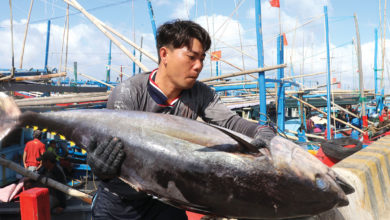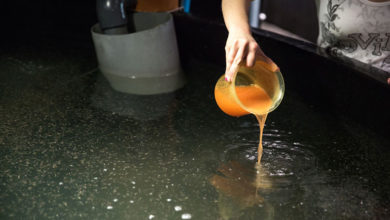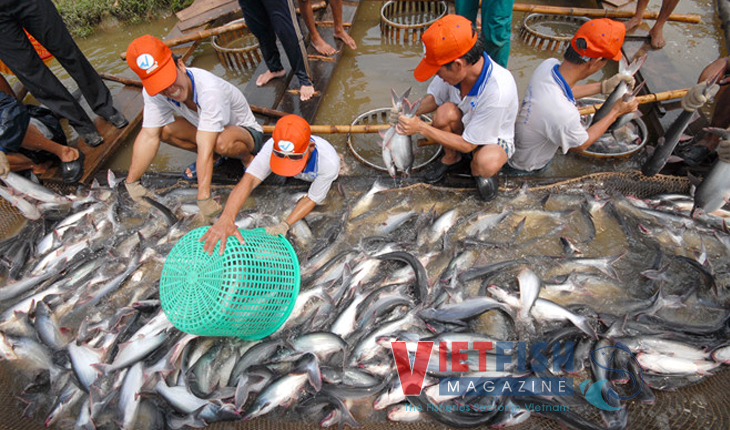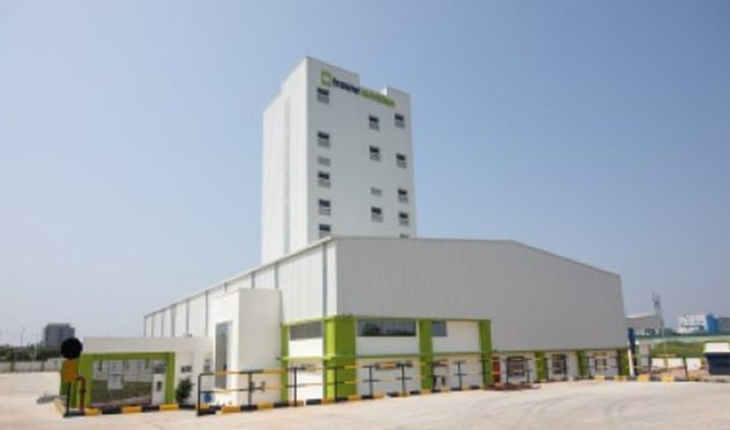The Government enacts career transition policy to support fishermen’s livelihoods
Faced with declining marine resources, the complexities of climate change, and mounting pressures from international regulations on sustainable fishing, many fishermen are struggling to maintain their livelihoods. Transitioning to alternative occupations is not only an urgent solution but also a strategic move to ensure long-term economic stability and development.
According to Vu Duyen Hai, Deputy Director of the Department of Fisheries under the Ministry of Agriculture and Rural Development (MARD), the fisheries sector has achieved remarkable progress over the past decades. Contributing 25% of agriculture’s GDP, the sector has propelled Vietnam into the top three seafood-exporting nations, with products reaching nearly 170 countries and territories.
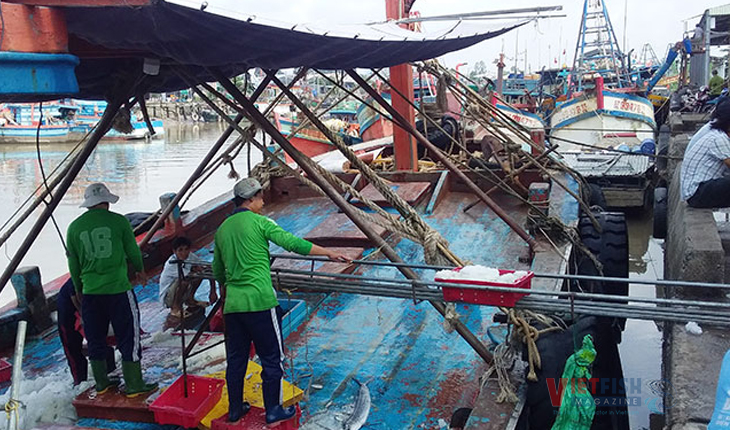
However, the sector, particularly marine fishing, is now grappling with challenges such as climate change, importers’ technical barriers, a fragmented and outdated small-scale fishing industry, and a 20% decline in marine resources compared to 20 years ago due to overfishing.
“There is an imbalance between exploitation and the replenishment capacity of marine resources,” Vu noted. “While Vietnam’s offshore resources are abundant, our fleet remains weak and primarily operates in coastal areas, leading to overexploitation in nearshore waters.”
Policies for sustainable fisheries
To address these challenges, the Prime Minister, along with various ministries and local authorities, has implemented multiple policies focusing on three pillars: reducing fishing activities, expanding aquaculture, and enhancing marine conservation to protect and restore aquatic resources.
One key initiative is the “Proposal for Transitioning Certain Fishing Occupations that Impact Resources and Ecosystems,” approved under Decision No. 208/QĐ-TTg on March 10, 2023. The policy prioritizes transitioning harmful and nearshore fishing activities to alternative livelihoods, coupled with training programs for fishermen. Efforts also include integrating independent boat owners and fishermen into cooperatives and linked production chains to improve efficiency.
Huynh Quang Huy, Head of the Fisheries Sub-Department in Binh Thuan Province, highlighted local initiatives such as banning new gillnet vessels, restricting the transfer of fishing licenses, and halting certain diving practices during peak months to protect marine species. Authorities have also encouraged fishermen to adopt eco-friendly occupations.
However, Huynh acknowledged the challenges of transitioning livelihoods: “Most fishermen have spent decades depending on the sea to sustain their families, and with limited education, it’s difficult for them to switch to new professions.”
Comprehensive solutions needed
In Ha Tinh Province, the Fisheries Sub-Department is devising a plan to restructure the local fishing industry by evaluating marine resources and aligning fishing practices and labor structures with natural conditions and socio-economic characteristics.
Nguyen Trong Nhat, Deputy Head of the Ha Tinh Fisheries Sub-Department, explained that the province is prioritizing the transition of underperforming nearshore fishing boats. “Clear and robust policies are necessary to support this shift, especially by helping young fishermen find employment in industrial zones or participate in overseas labor programs. These measures have been effective in the past 1–2 years,” he said.
Progress and persistent challenges
Since the implementation of Vietnam’s Fisheries Development Strategy over three years ago, and nearly two years after the occupational transition proposal took effect, various plans and models have been introduced to reduce fishing efforts, expand aquaculture, and bolster marine conservation. Nationwide, the number of fishing boats has decreased by 2,100 since 2022, averaging a 0.6% annual reduction. However, much of this reduction is due to “natural attrition,” including decommissioned, sunken, or seized boats, with only a small number successfully transitioning to other occupations.
Tran Dinh Luan, Director of the Fisheries Department, emphasized the need for local governments to review their responsibilities under the existing policies and develop effective action plans. “Our goal is to create sustainable jobs and income for fishermen through models such as co-management groups, service cooperatives, or other suitable initiatives,” he stated.
To achieve sustainable fisheries development, transitioning fishing occupations must go hand in hand with expanding aquaculture, strengthening marine conservation, and linking these efforts with eco-tourism models. These measures aim to protect and develop aquatic resources while ensuring economic opportunities for fishermen.
VFM


